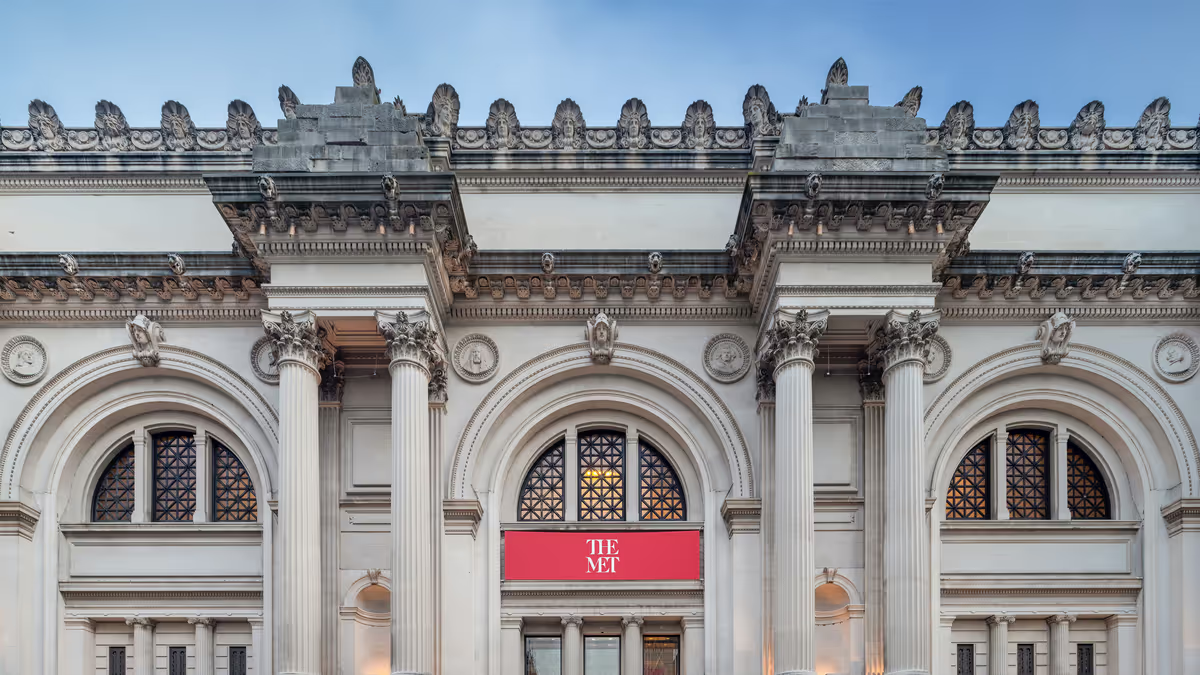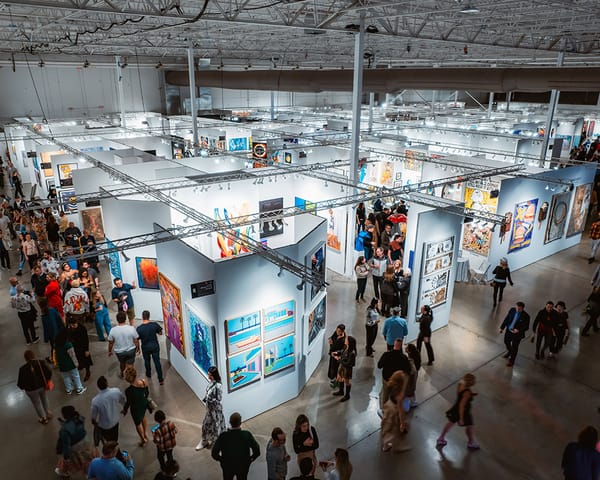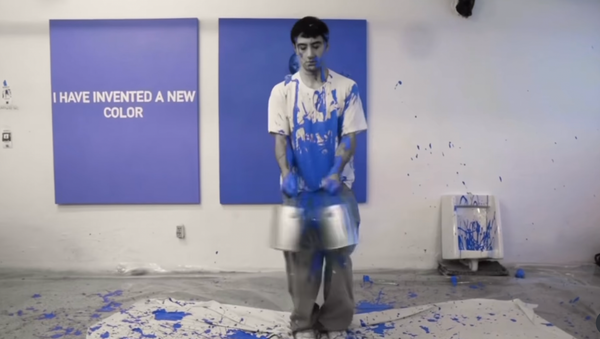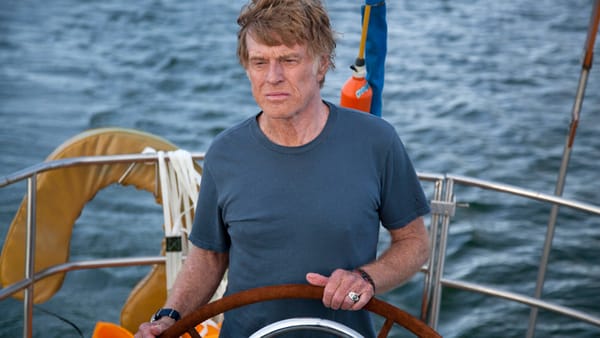The MET Supporting DEI Against The Trump Administration
The recent turmoil of protesting against the Trump administration and established regulations against academic freedom, freedom of speech, and diversity politics, leading by Harvard University, which stands strong so far against the government’s threats to cut federal funding...






